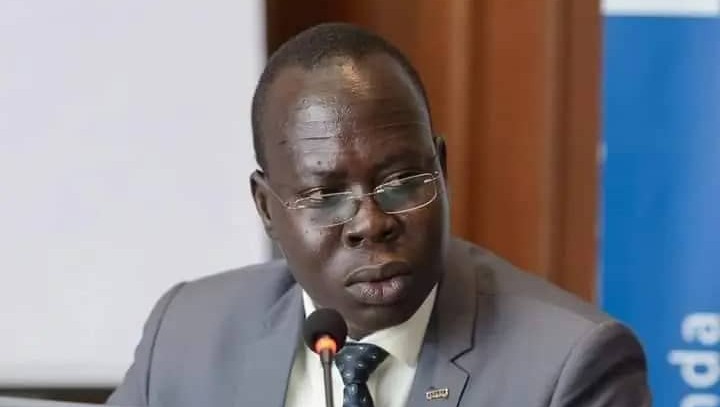
Civil society activist Ter Manyang Gatwech has criticized the United Nations Security Council (UNSC) penholders for conflating arms embargoes with individual sanctions, pointing out various risks associated with these approaches.
In a statement to Standard Zone News, Manyang, who leads the Centre for Peace and Advocacy, explained that these two measures serve different purposes, and mixing them could weaken their effectiveness in South Sudan.
“The risk of conflation includes policy miscommunication that would blur the lines between the two, leading to misinterpretation by local actors, including government officials and armed groups. This could foster resistance, suspicion, or misinformed opposition to international efforts aimed at stability,” Manyang stated.
He further noted that combining these measures could lead to ineffective implementation, explaining that arms embargoes require monitoring and inspections, while individual sanctions need investigation to identify violators.
Additionally, he said this mix could create diplomatic tensions, as some South Sudanese leaders have previously rejected sanctions, viewing them as politically motivated.
“When arms embargoes are presented as part of the same package, the government may perceive broader international efforts as hostile, potentially withdrawing cooperation in peacebuilding and reform processes,” he added.
Manyang emphasized that an arms embargo is a preventive measure designed to protect civilians and limit access to weapons, while individual sanctions are used to hold individuals accountable and deter impunity.
The activist further urged the UNSC to clearly differentiate between the two in their policies and communications to positively support South Sudan’s peace process.
“To effectively promote peace, the international community must apply tools such as arms embargoes and individual sanctions with care, ensuring clear distinctions and strategic intent. Combining these instruments can diminish their effectiveness and threaten the fragile progress achieved in the peace process. Moving forward, clarity, precision, and collaboration must be the guiding principles,” he added.
Manyang’s comments followed a UNSC meeting on May 30, 2025, where the council renewed the arms embargo and imposed targeted sanctions on unnamed individuals in South Sudan, including asset freezes and travel bans.
In response to the resolutions, South Sudan’s permanent representative to the UN, Ambassador Cecilia Adut Manyok, expressed deep disappointment over the UNSC’s decision to renew the arms embargo, noting that the text did not include South Sudan’s proposal to strengthen its armed forces.
“We are not asking for a blank check; we seek a fair opportunity and a balanced approach that supports those working for peace and economic renewal,” Adut said.

